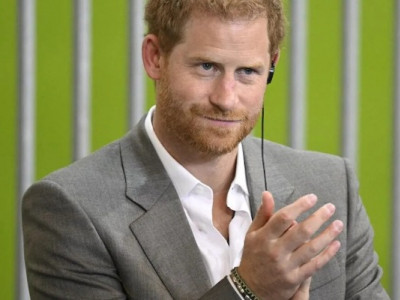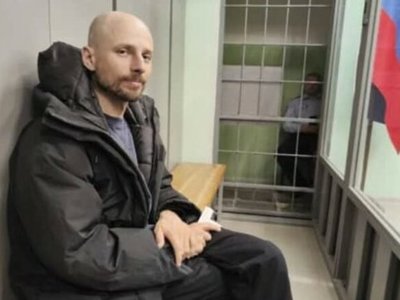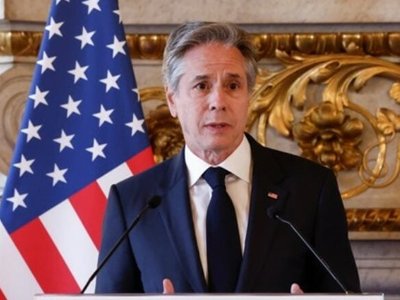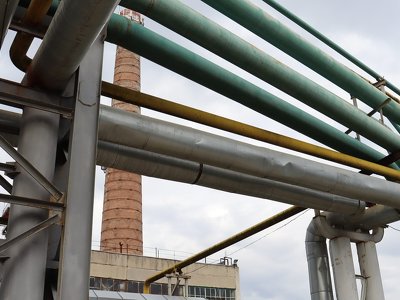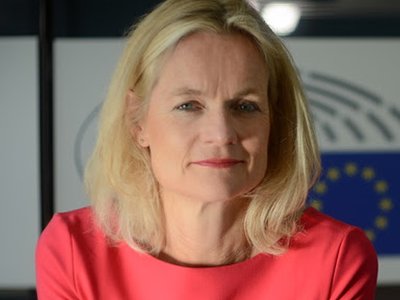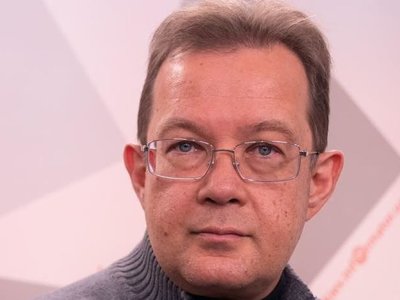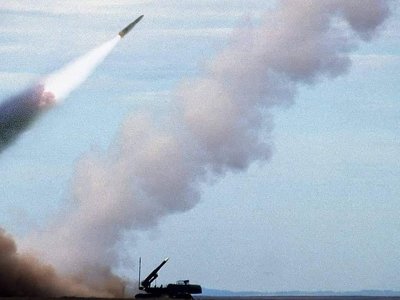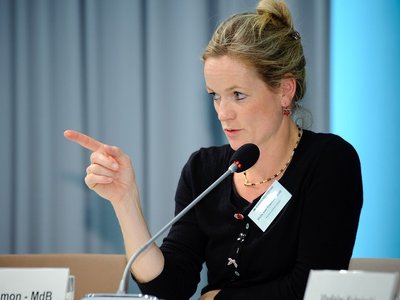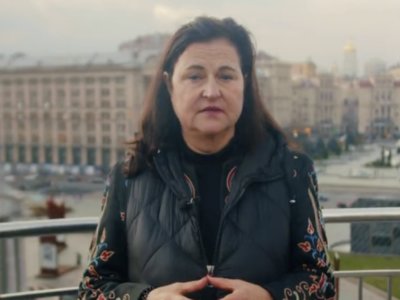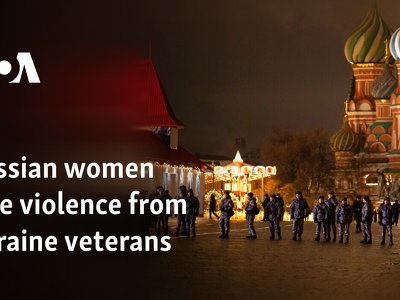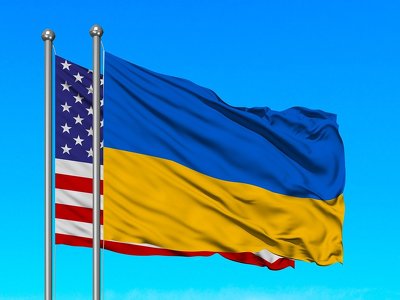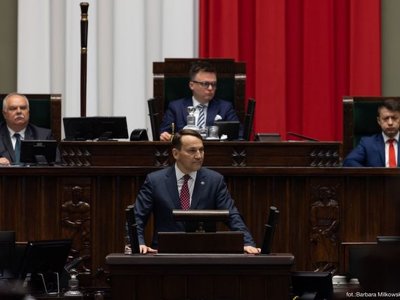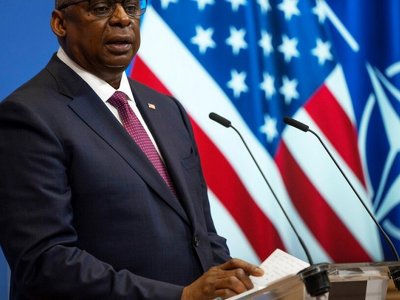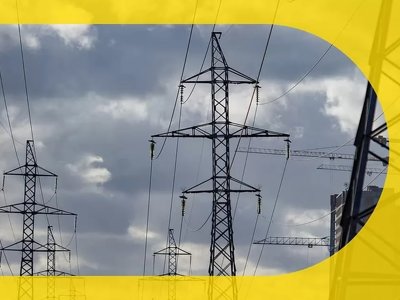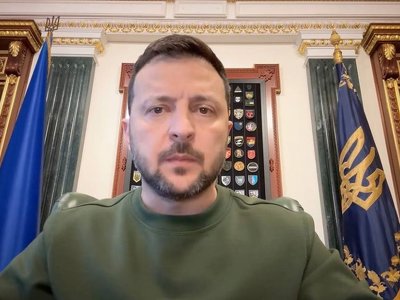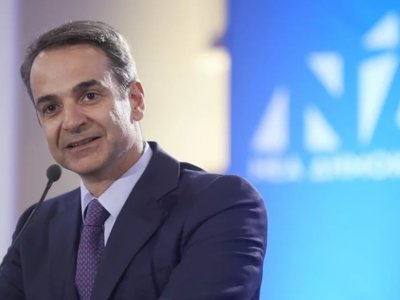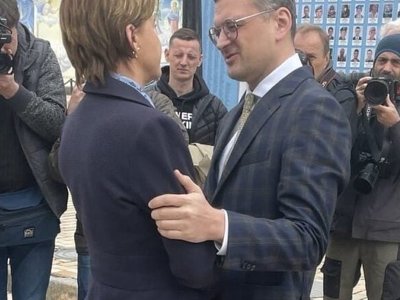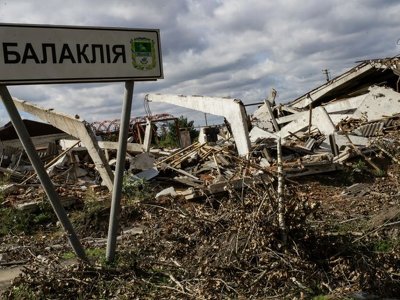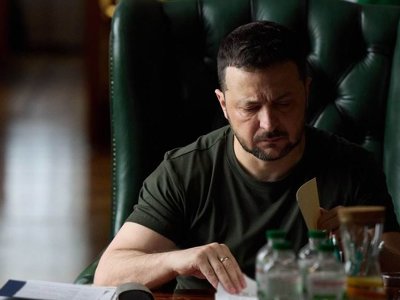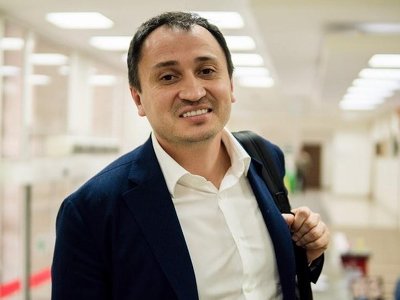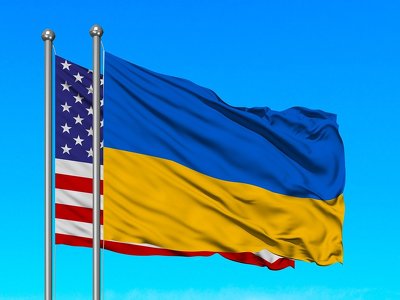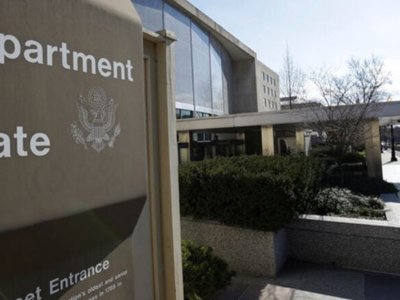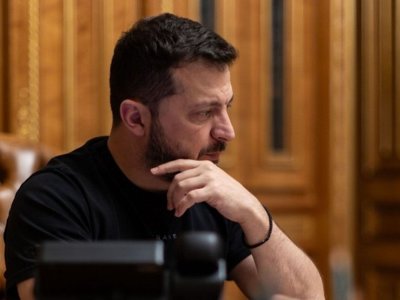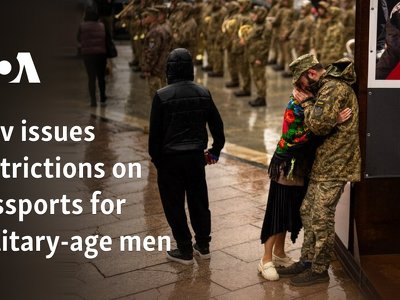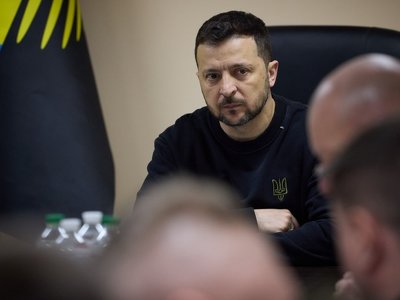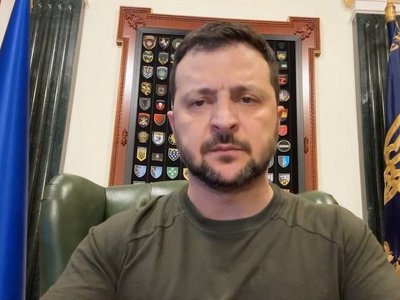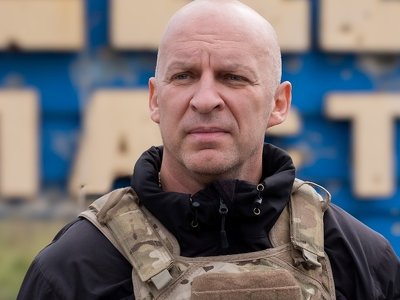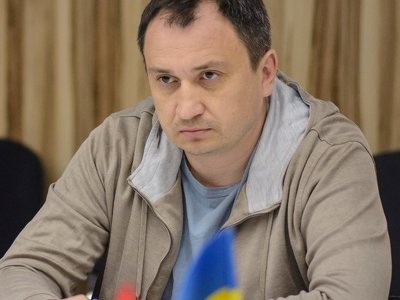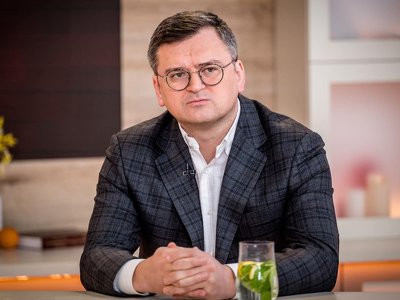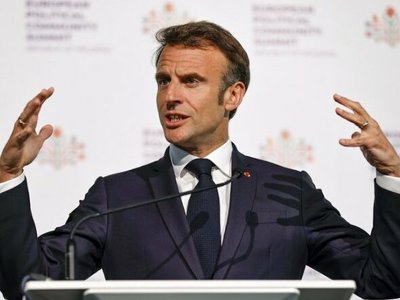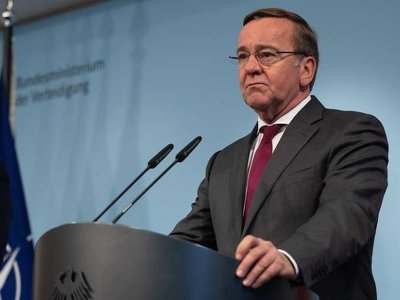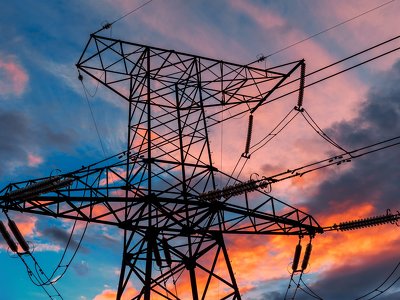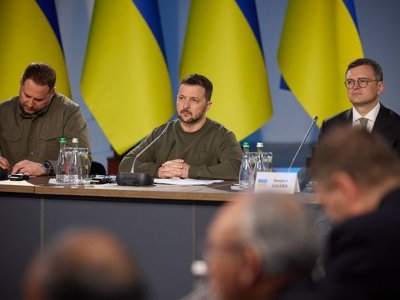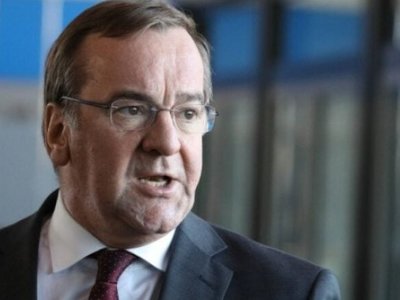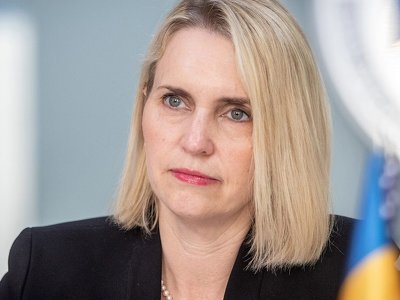Why the EU opted to overlook Ukraine’s reform problems and what risks this poses

At the Ukraine Recovery Conference (URC), Ukraine's president Volodymyr Zelenskyy received a clear signal: the West is ready to turn a blind eye to the fact that Kyiv is "hacking" the Economic Security Bureau of Ukraine (ESBU).
Despite a clear violation of the law and undermining one of the EU's priority reforms. Even the Ukrainian government’s refusal to conceal or explain its actions hasn’t changed partners’ decision to ignore the issue.
Now Ukraine finds itself at a crossroads. Everything depends on Kyiv's following steps.
Read more about the successes of the conference and the challenge it revealed for Ukraine in the article by Sergiy Sydorenko, European Pravda's editor (from Rome): Ukraine forgiven for reforms: URC in Rome brings both victory and problems for Zelenskyy.
It’s worth noting that for Ukraine, the URC in Rome was indeed a success in one area – the United States and its role in Ukraine.
The meeting in Rome came during a period when the United States is once again shifting its policy on Ukraine. This time in a more positive direction.
Trump has now resumed military aid to Ukraine, and pledged to maintain and even increase pressure on Russia.
But the biggest political development came when the US participated for the first time in the ‘coalition of the willing' meeting since this format was established.
Will the US stay the course, or change its position again tomorrow? Nobody knows. But in Rome, the shift was unmistakably positive.
Trump’s special envoy, General Keith Kellogg, addressed the conference on behalf of the White House. He emphasised that the US seeks a sustainable, lasting peace, not just a temporary ceasefire, and hinted that withdrawal from Ukraine is no longer on the table.
More significantly, Kellogg placed Ukraine’s sovereignty at the center of any peace plan, reading conditions for such a peace. He invoked the constitutional right of both the American and Ukrainian people to make sovereign decisions.
And it wasn’t only the Americans who brought optimism.
Throughout the two-day forum, across all five floors of the venue, not a single official mentioned Ukraine’s reform setbacks. No one brought it up at all. Foreign officials focused solely on Ukraine’s "incredible successes."
But in the long run, the EU’s silence may harm Ukraine.
European officials privately explain their caution. Denmark just assumed the EU Council presidency and is trying to unblock Ukraine’s EU talks, currently stalled by Hungary. They argue that now is not the time to question Ukraine’s reform commitment.
This logic may have merit. But it doesn’t change the fact that key decisions in EU enlargement are made by member states, and Hungary is not the only country capable of blocking Ukraine’s path.
How can Ukraine be prevented from falling into the illusion of impunity if the EU greenlights this backsliding? What will stop Kyiv from opening the door to further violations? Reformers in Kyiv stress that this won’t be easy to undo.
The head of the Verkhovna Rada’s Anti-Corruption Committee, Anastasiia Radina, acknowledges that staying silent will have negative consequences for the country.
Things could spiral further away from reforms. And unless the EU wakes up and sets firm conditions for Ukraine, this process may continue until it’s too late, with EU member states eventually blocking Ukraine’s accession.
- Last
- February, 05
-
-
-
-
- April, 28
-
-
-
-
-
-
- April, 27
-
-
-
-
-
-
-
-
-
News by day
19 of July 2025
